
Fruits Production By Indoor Vertical Farming
- Home
- Fruits Production By Indoor Vertical Farming
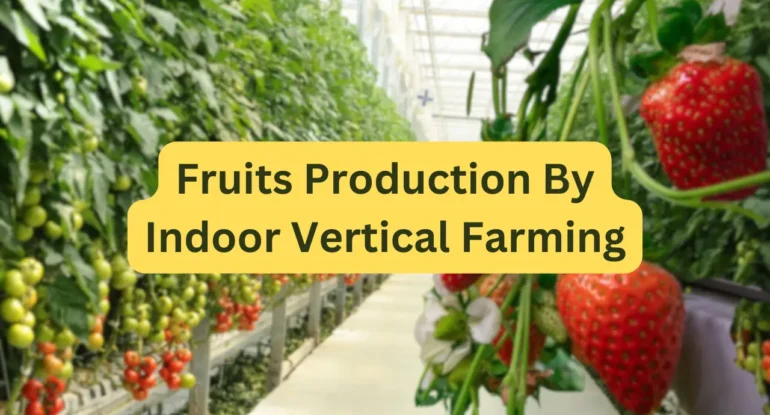
Fruits Production By Indoor Vertical Farming
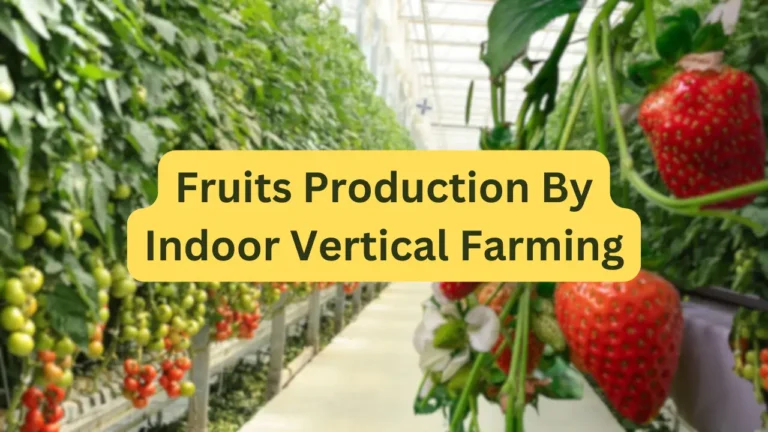
In the face of climate change, population growth, and limited arable land, traditional agriculture faces increasing challenges. Enter indoor vertical farming—an innovative method of growing crops indoors in stacked layers, using controlled environments to maximize yield and efficiency. While this farming approach has gained popularity for vegetables and leafy greens, its potential in fruit production is now garnering attention. This article delves into the benefits, challenges, and future potential of indoor vertical farming for fruits, while adhering to SEO guidelines to provide valuable insights.
What is Indoor Vertical Farming?
Indoor vertical farming involves cultivating crops in vertically stacked layers or shelves within a controlled, indoor environment. Unlike traditional agriculture, this method utilizes artificial lighting (often LED lights), controlled temperature, humidity, and nutrient-rich solutions for plant growth. These systems are designed to conserve water and space, making them ideal for urban areas where land is scarce.
Why Indoor Vertical Farming for Fruits?
Fruits have historically been grown in large outdoor orchards and farms, requiring extensive space and being susceptible to weather-related risks. However, as indoor vertical farming evolves, it offers promising advantages for fruit production, including:
- Year-Round Harvests: Since the farming environment is controlled, fruit growers can harvest throughout the year, unaffected by seasonal changes or extreme weather conditions like droughts or frost.
- Reduced Water Usage: Vertical farming systems such as aeroponics and hydroponics use significantly less water than traditional agriculture. For example, hydroponic systems recycle water, reducing wastage by up to 95%.
- Pesticide-Free Produce: The enclosed nature of indoor farms shields fruits from pests and diseases, allowing for pesticide-free cultivation. This is a major selling point for consumers seeking organic and clean-label food products.
- Maximized Space Efficiency: Urbanization limits available agricultural land, but vertical farming allows fruit production to occur in smaller areas. By stacking crops vertically, more fruit can be grown per square meter, enabling fruit cultivation in cities and non-traditional farming regions.
Popular Fruits Suitable for Indoor Vertical Farming : Although indoor vertical farming is still in its infancy for large-scale fruit production, several fruits have been successfully cultivated:
- Strawberries: One of the most common fruits grown in vertical farms due to their short growing cycle and low height. Indoor farms can fine-tune the light spectrum to optimize strawberry size, flavor, and nutritional content.
- Blueberries: Blueberries thrive in acidic soil conditions, which can be easily mimicked in indoor settings using customized nutrient solutions. Controlled environments help eliminate issues with pests and environmental fluctuations, often leading to higher yields.
- Tomatoes: While technically classified as a fruit, tomatoes have long been grown in controlled greenhouse environments. Their success in vertical farming is growing, thanks to their adaptability and the ability to be trained on vertical trellises.
- Citrus Fruits: Though more challenging due to the size of the trees, smaller varieties like dwarf lemons or limes can be grown in vertical farms. Research is ongoing to develop optimal conditions for larger citrus fruits.
- Berries: Beyond strawberries and blueberries, fruits like raspberries and blackberries are being trialed in indoor farms, showing potential due to their compact size and quick growth cycles.
Technologies Driving Fruit Production in Indoor Vertical Farms
- Hydroponics: This soil-free farming method is popular in vertical farming setups. It involves growing plants with their roots suspended in nutrient-rich water. Hydroponics ensures precise nutrient delivery to fruits, promoting faster and more efficient growth.
- Aeroponics: In this method, plant roots are suspended in the air and misted with a nutrient solution. Aeroponics offers faster fruit growth, requires less water, and minimizes the risk of root rot or other soil-related diseases.
- LED Lighting: Specialized LED lights are essential for indoor fruit farming, providing the exact wavelengths plants need for photosynthesis. Different fruits require specific light spectrums for optimal growth. For example, strawberries benefit from red and blue light combinations that boost their sweetness and size.
4. Climate Control Systems: Advanced HVAC (Heating, Ventilation, and Air Conditioning) systems regulate the temperature, humidity, and CO2 levels, ensuring that fruit plants have the ideal growing conditions 24/7.
Challenges of Indoor Vertical Farming for Fruits : While vertical farming presents immense promise for fruit production, there are several challenges that must be addressed:
- High Initial Costs: Setting up a vertical farm requires significant investment in infrastructure, including lighting, climate control, and water systems. These costs are higher than traditional farming and can deter small-scale farmers.
- Energy Consumption: Maintaining a controlled environment, especially the artificial lighting and climate regulation, consumes considerable energy. Although solar power and other renewable energy sources are being explored, energy consumption remains a key issue.
- Scaling Up: While leafy greens and herbs have seen rapid adoption in vertical farming, scaling fruit production poses unique challenges due to the different growth patterns, sizes, and needs of fruit plants. Larger fruits like melons and apples are particularly difficult to cultivate in compact indoor environments.
- Pollination: Indoor farms must rely on artificial pollination methods since natural pollinators like bees and butterflies are absent in enclosed settings. Automated pollination systems or manual pollination processes are required, adding to labor costs and complexities.
The Future of Indoor Vertical Farming in Fruit Production: Indoor vertical farming for fruit production is still in its early stages, but its potential is undeniable. As technology advances and research continues, we can expect:
- New Varieties of Fruits: Scientists and horticulturists are working on developing fruit varieties tailored for indoor environments. These fruits may grow faster, require less space, and offer improved nutritional profiles.
- Increased Adoption in Urban Areas: As the global population becomes more urbanized, indoor vertical farms can provide fresh fruits locally, reducing the carbon footprint associated with long-distance transportation.
- Sustainable Practices: Vertical farming can play a crucial role in reducing agriculture’s impact on the environment. Innovations in energy efficiency, renewable energy integration, and waste reduction will make indoor farming a more sustainable option.
- Consumer Interest in Fresh, Local Produce: With growing interest in locally sourced, pesticide-free, and organic food, vertical farming for fruit production has the potential to meet consumer demands for high-quality, fresh produce year-round.
Conclusion : Indoor vertical farming is an exciting frontier in agriculture, poised to revolutionize fruit production. While challenges remain, the benefits—such as year-round harvests, space efficiency, and reduced water use—are driving interest and investment. As technology and expertise continue to evolve, indoor vertical farms may become a vital solution for feeding the world’s growing population with fresh, sustainable, and high-quality fruits.
Comments (2)
Leave A Comment Cancel reply
- Blog Categories
- Basic of Artificial Lighting for Plants
- Basic of grow Light
- Case Studies
- General Awareness
- Indoor Vertical Farming
- Medical Plant Research
- Online Tool
- Pitch Grow Light
- Plant Lighting Measurement
- Speed Breeding
- Supplemental Lighting
- Tissue Culture Grow Lights
- Indoor gardening
- LED Grow Lights
- Pharma Segment
- General
Shop Products
2Ft 9W Grow Light for Leafy Vegetables
₹317.00 – ₹546.00Price range: ₹317.00 through ₹546.00
4Ft 18W Grow Light for Saffron
₹465.00 – ₹810.00Price range: ₹465.00 through ₹810.00
Popular Products
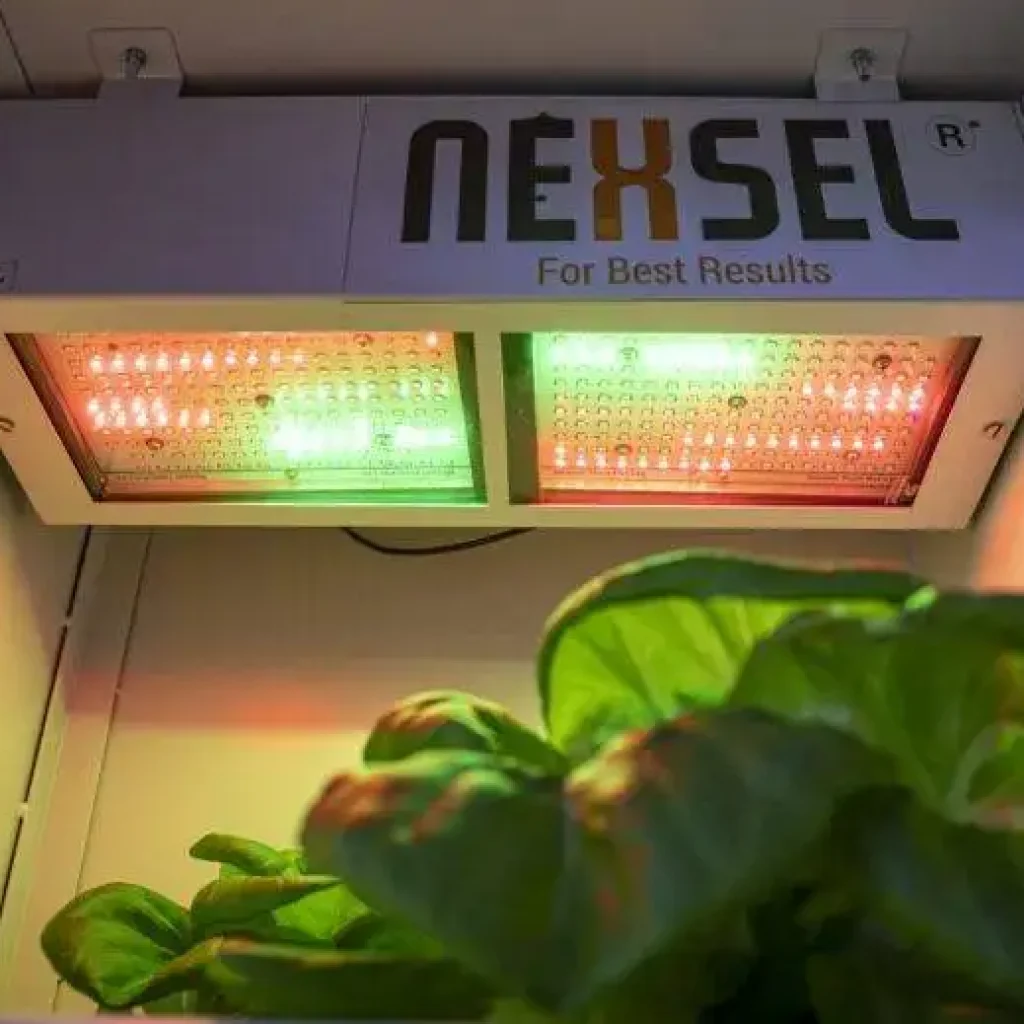
Enquire Now
Quick Link
Other Links
Design & Developed By VBTEK



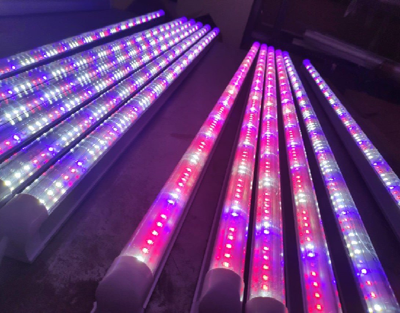
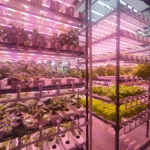


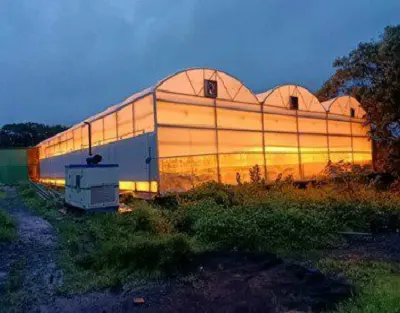
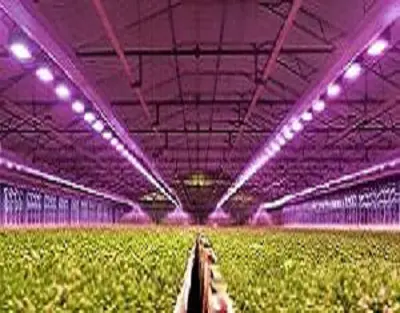
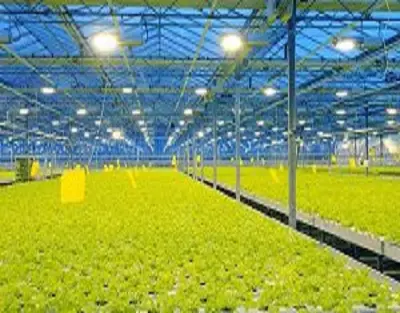

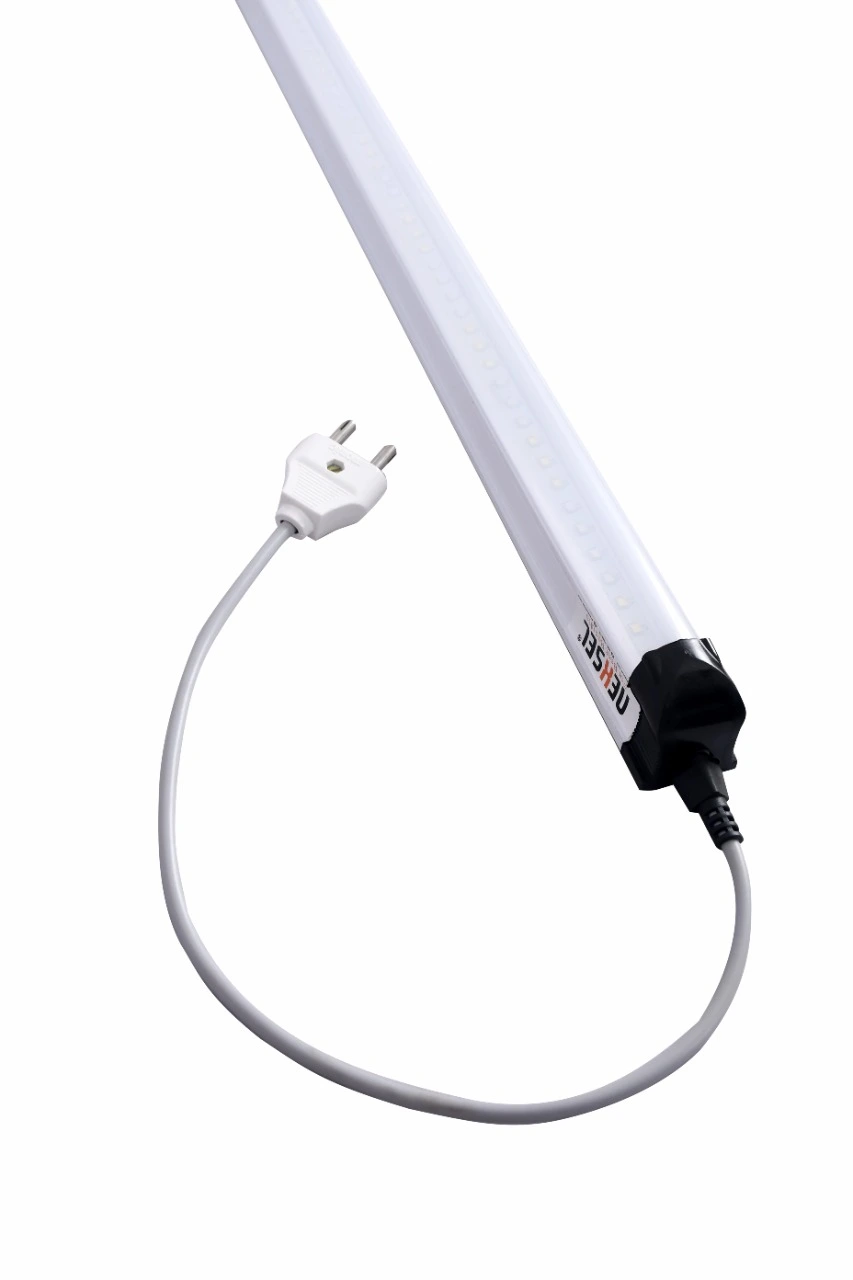
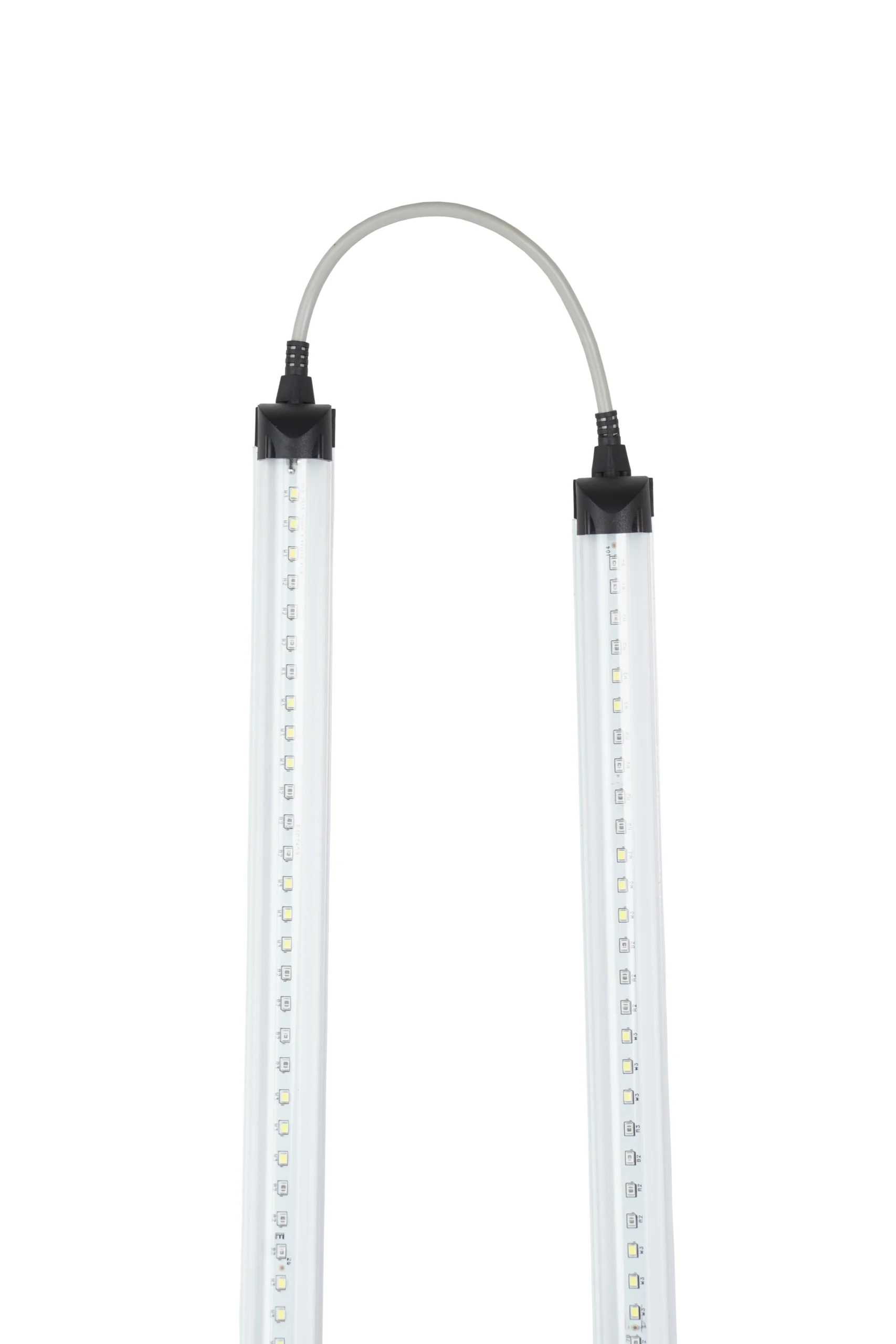
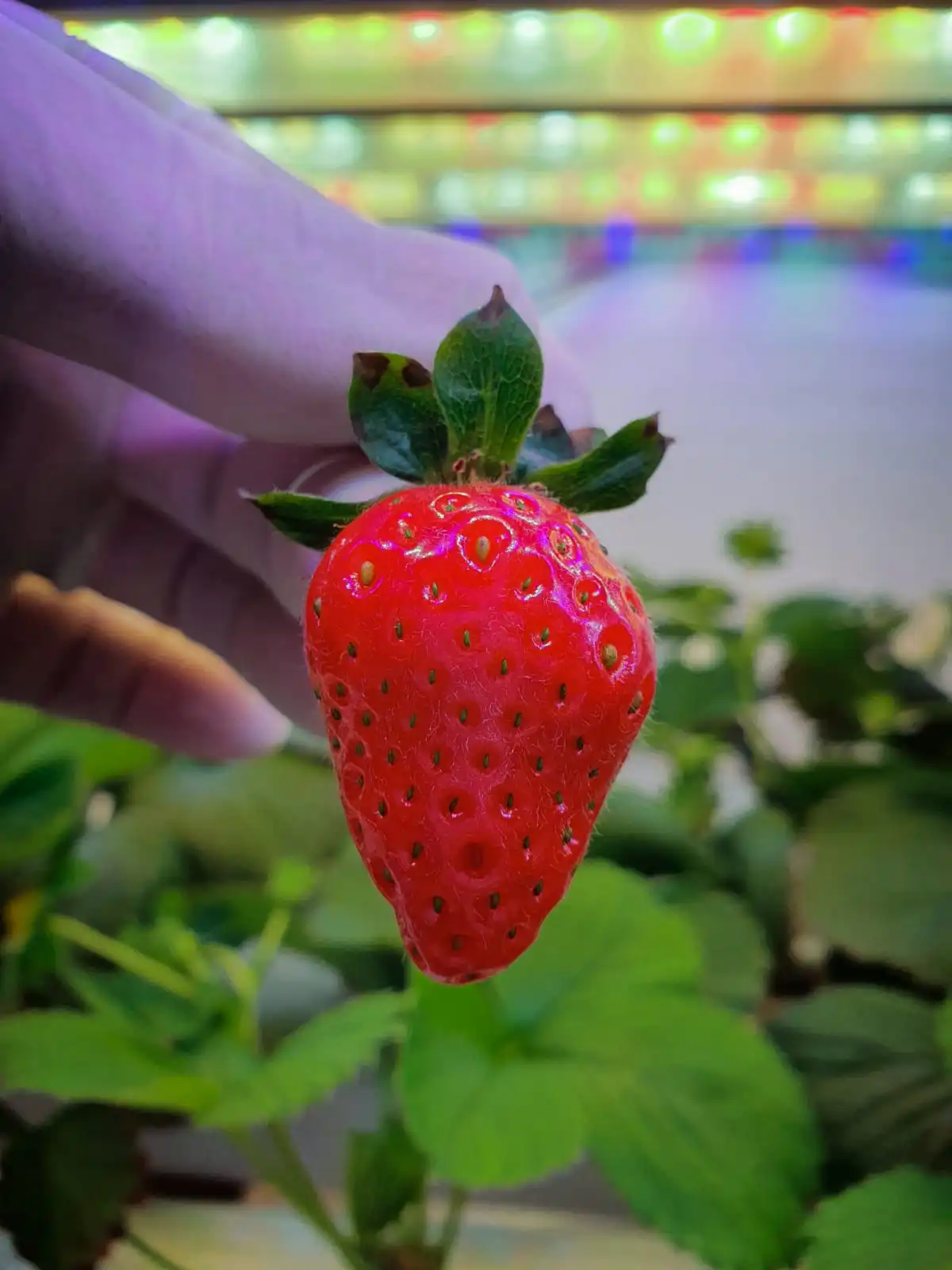
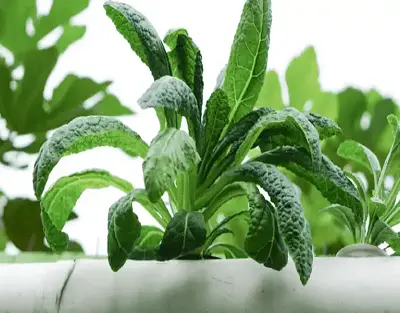
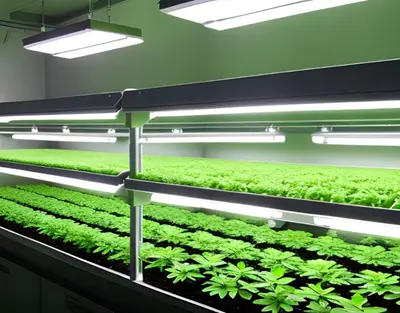

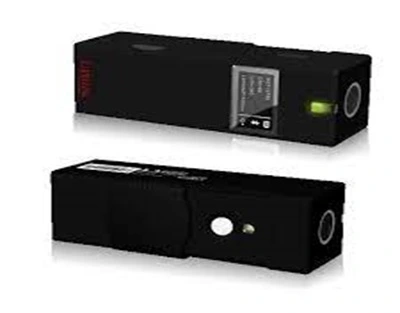
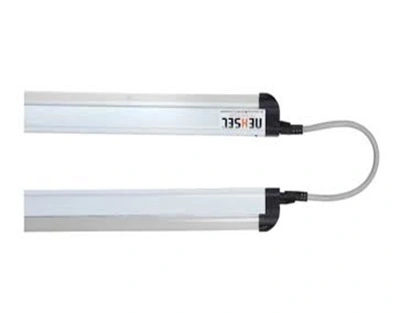
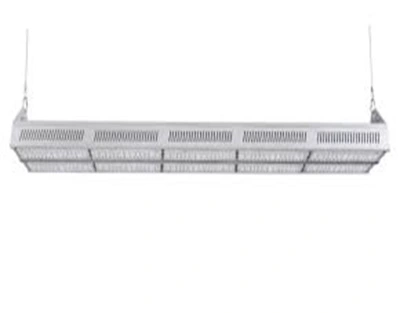
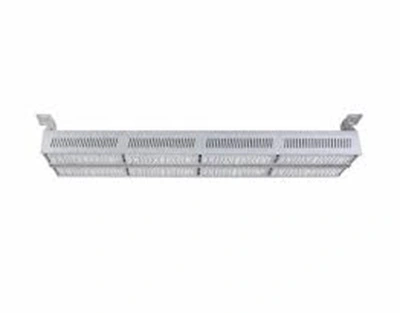
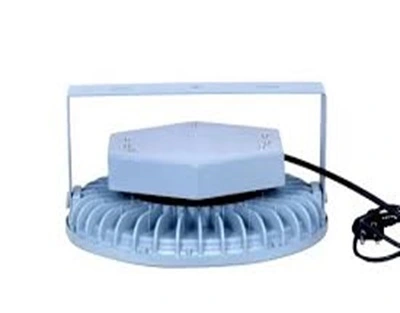

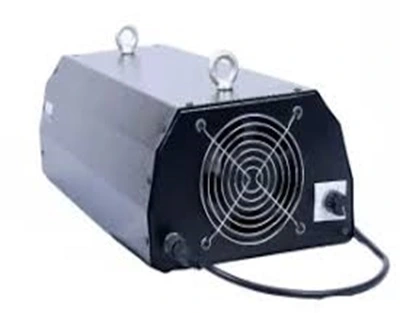
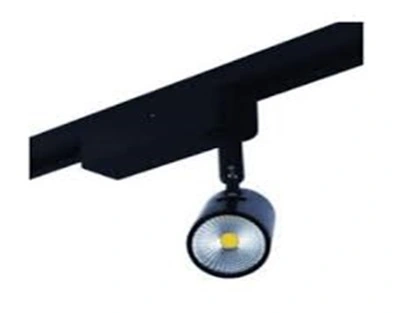
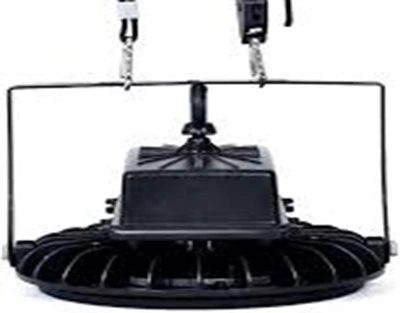
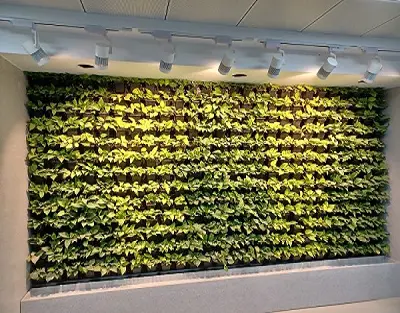
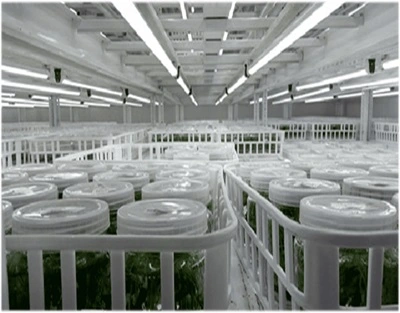
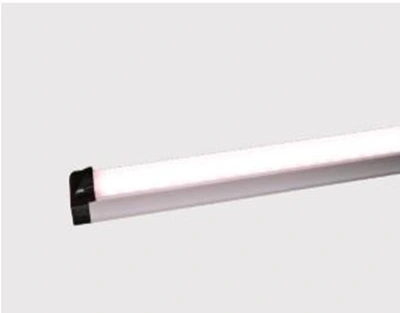
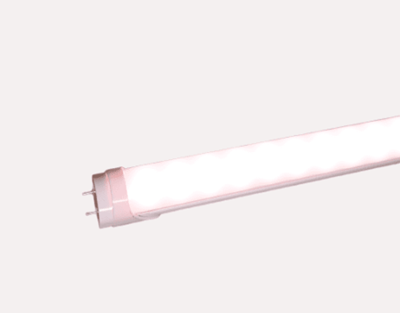
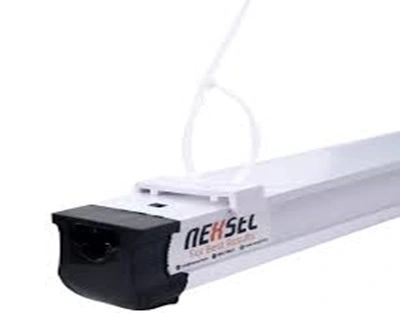
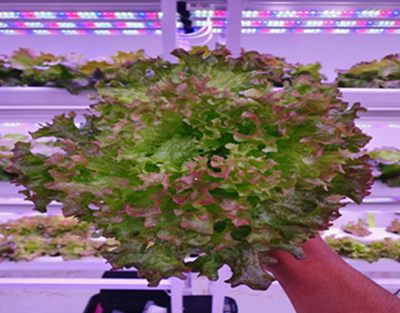
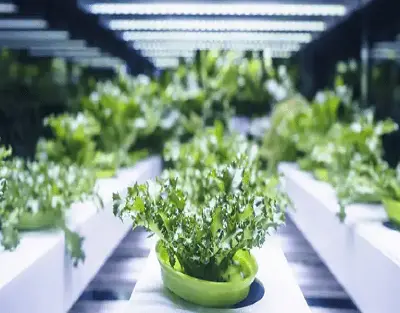
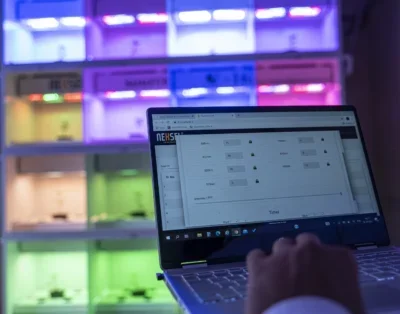


Chris Mcdonald
Hi,
Thank you for this interesting post on indoor vertical farming for fruit production! It’s exciting to see how this innovative method can help meet the growing demand for sustainable food sources. I’m curious, though—what are some of the biggest challenges in scaling up indoor vertical farming for larger fruit varieties, and how can technology help address those challenges? Looking forward to more insights on this topic!
write for us technology
Kavya Thakur
Great article on growing fruits with indoor vertical farming! It’s exciting to see how this can change farming. What challenges come with growing fruits indoors, and how do you think it will affect farming in the future? Thanks for sharing?